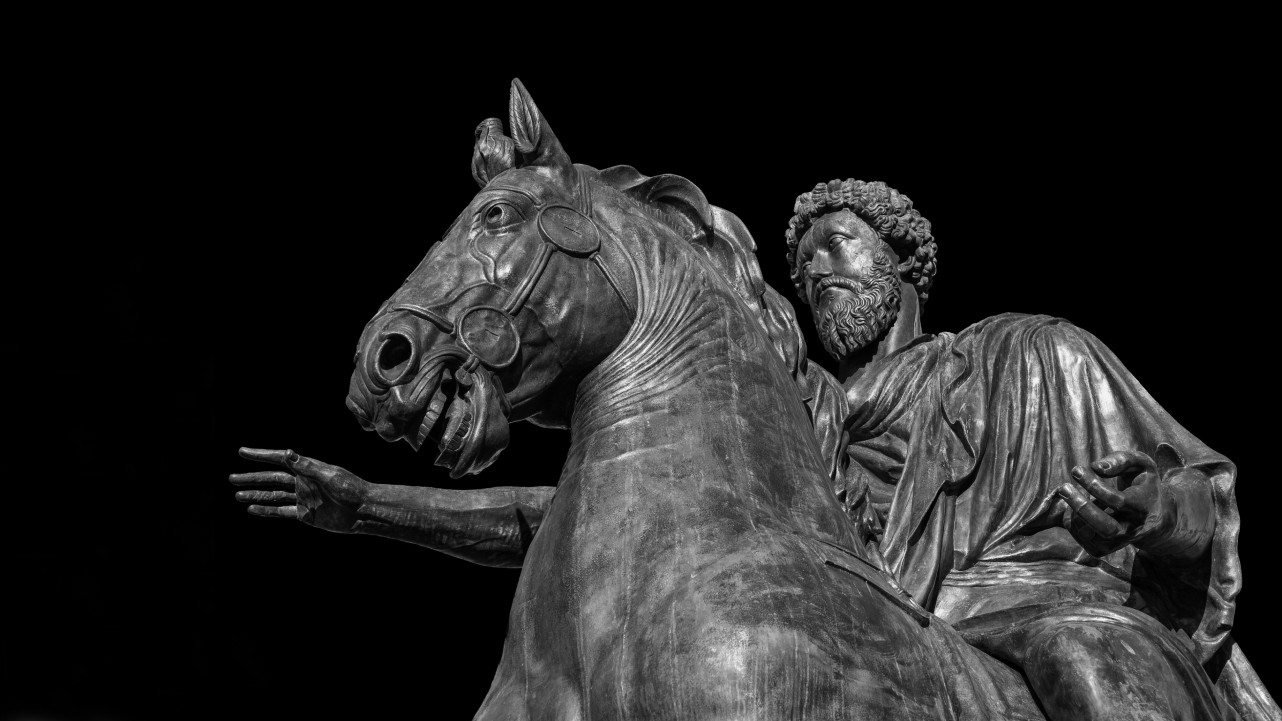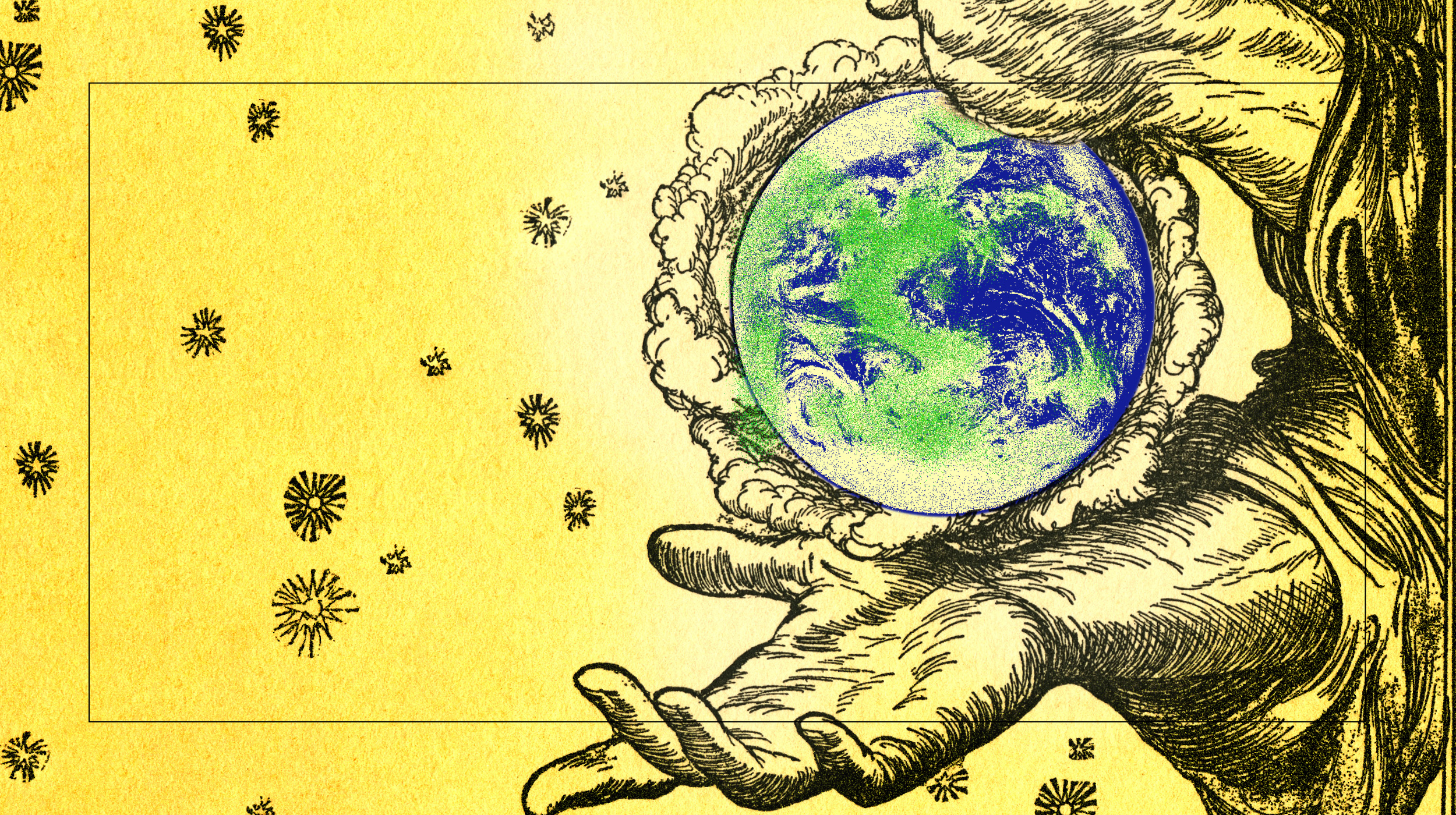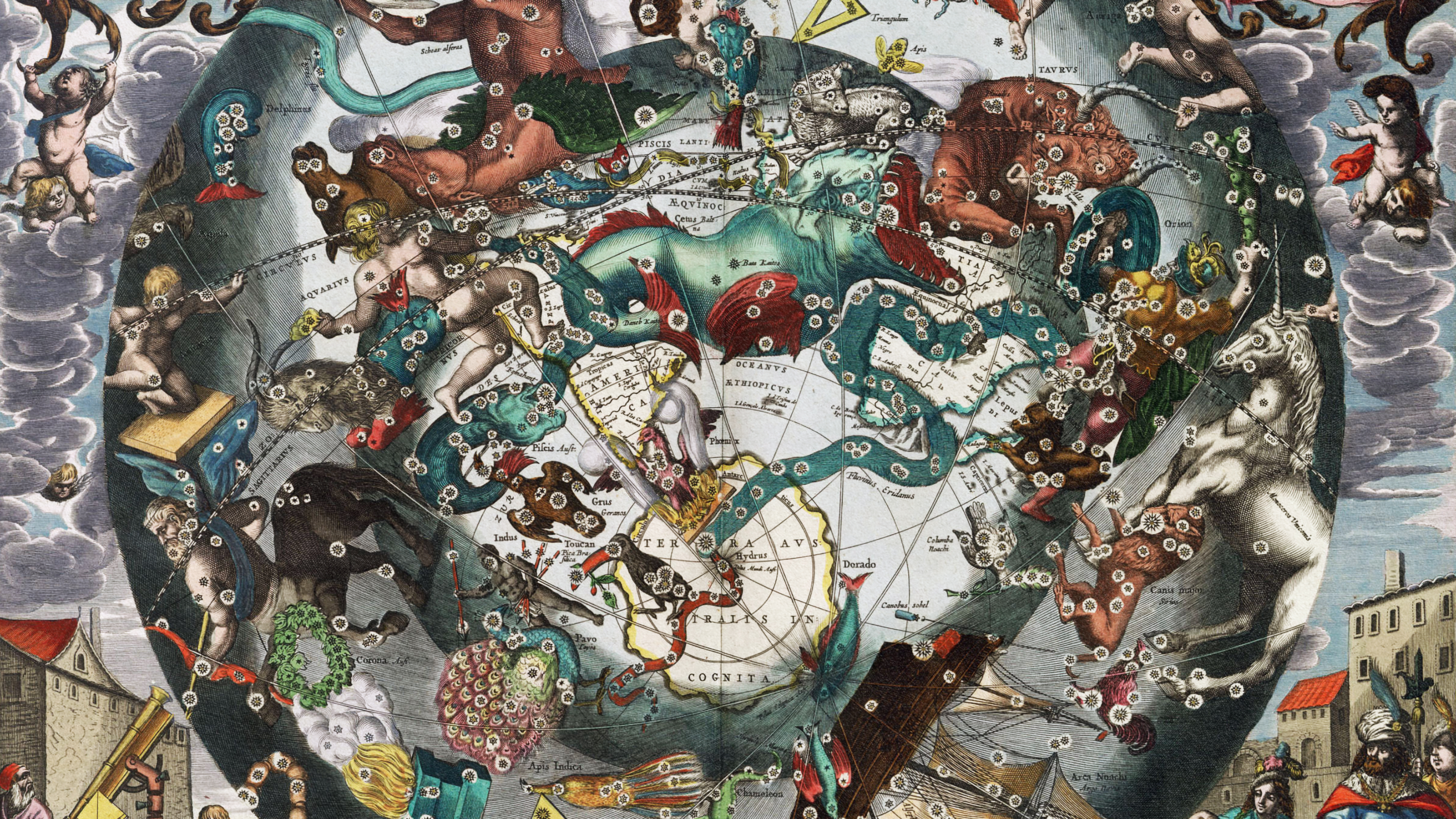There is a marked divide between science and religion. Some people can balance the two in their lives, such as astronomer Allan Sandage, who discovered the first quasar and determined the first reasonably accurate values for the Hubble constant and the age of the universe. In response to the question “Can a person be a scientist and also a Christian?” he answered: “Yes. The world is too complicated in all its parts and interconnections to be due to chance alone. I am convinced that the existence of life with all its order in each of its organisms is simply too well put together.” More recently that same, still-popular view has been expressed in fiction via the scientist Kala from the Netflix show Sense8, who said, “Science doesn’t preclude my faith. For me, science is another language we use to talk about the same miracles that faith talks about.”
However other people cannot perform this delicate balancing act, so they lean one way or another. As Bill Nye, science educator, author and host of TV show Bill Nye the Science Guy, points out, science knows the earth is millions of years old. Faith claims it’s only a few thousand years old. While Ark Encounter in Kentucky has managed to build a ‘full sized’ version of Noah’s Ark, it doesn’t answer many questions, like how would Noah have gathered all the animals (including dinosaurs, apparently), kept them fed, helped them survive all illness, and re-populated the animal kingdom from scratch when he only had two of everything.
Nye points out that the people writing the bible understandably didn’t know very much about the world around them, so they turned what they saw and heard in accounts of miracles to interpret the world in a way that at least formed a pattern they could grasp. Then around those writings and stories, they formed a community. Community is an invaluable thing, and Nye says many people attend religious services for the sense of community. Everyone is there together, speaking in turn and sharing what they know. It can be good to feel like you belong, and there’s a lot to gain from it besides a religious experience.
But it is very difficult to balance science with faith, when something as simple as the age of the earth, or the prehistory of mankind, or just dinosaurs, causes fighting between two powerful schools of thought. Nye cannot provide the link that Chris is asking for in his question – for Nye there is no link between science and religion, and he says that scientists are not obligated to provide one. That’s for people of faith to provide for themselves; only they can build a bridge between science and religion, if they must find a way for the two to co-exist in their lives.
Bill Nye’s most recent book is Unstoppable: Harnessing Science to Change the World.
Chris Slade: Hi Bill. My name is Chris Slade and one of my goals in life is to help bridge the gap between science and the modern Christian. What is there that I could say to help convince others that the creation story is likely just a story that was told to people who wouldn’t have understood the complexities of science as we do today. I just want to show people that their religious beliefs don’t need to be dependent on ignoring science.
Bill Nye: Chris. Your religious beliefs don’t depend on ignoring science. Well I hope not. So just from my point of view Chris keep in mind I’m a mechanical engineer. I took nothing but physics. I love science. Science is what enabled us to create this computer communication system in this electronic infrastructure. Without science you couldn’t do this. And you use the word Christian so specifically there’s nothing in the New Testament of the Bible about electrons or protons or transistor-transistor logic or even modern or maybe most especially modern agriculture or genes or DNA and so on. So the question is if you have a religious tenet. If you hold a point of view that excludes something about modern science I don’t think the burden is on scientists or engineers to provide you a comfortable link. The link is for you. You have to reckon the facts as we call them with some belief system that is incompatible with it.
An example that I think everybody would eventually find ourselves discussing would be geology. The age of the Earth. You know a couple of years ago I debated a guy who insists that the Earth is 6,000 years old. That’s completely wrong. That’s obviously wrong. And the way we know it is wrong was a result of centuries of study. People found layers of rocks, figured out where the layers came from. People found radioactive elements which chemically substitute into certain crystals in exchange like rubidium and strontium substitute for potassium and calcium and argon and so on. And this led us to an understanding of the age of the Earth. So if you have a belief system that is incompatible with modern geology really Chris the problem is for the person trying to argue the Earth is extraordinarily young, not for the people who have studied the world around us and understand it.
With that said religions in my experience give people this important sense of community. The reason in my experience that people my age or whatever go to church is to be with other people. At least let’s say once a week. And that is of great value. A community is of great value. But there’s nothing there that I have seen in the Bible that informs modern science. With one possible exception. There’s in some translations that I’ve read there’s reference to 22 sevenths for being the distance around a circle, the value of pi. And that’s pretty close. It doesn’t go past three digits but it’s pretty close. Okay. So the people who wrote the Bible they were literate but they were not literate in the modern scientific sense. So you have to reckon that man. I can’t get in there. The Earth’s not 6,000 years old. Never going to be. And share your community and celebrate it. Carry on.







